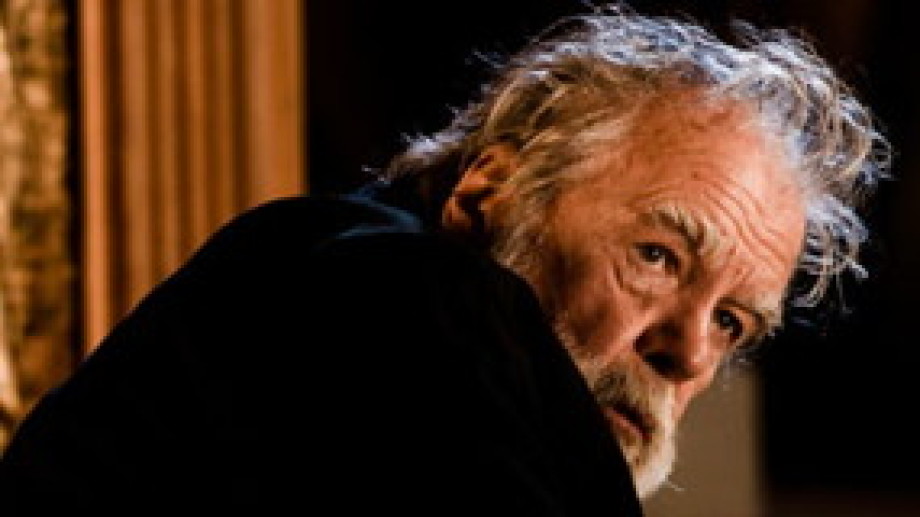
The Cardboard Village, the new film by Ermanno Olmi, is at once familiar and unmistakably new. On one hand, stories of men of faith who struggle to reconcile their steadfast belief in God with His apparent silence have become something of an international cinema staple: Bergman, Bresson, Pialat, Tarkovsky, and Melville have all made career-defining films on the subject. Yet with the exception of Pialat, few of those filmmakers are regularly ranked among the cinema’s great humanists. For a director as earthbound and as averse to mystification as Olmi, there’s something troubling about a God who demands attention yet remains resoundingly removed from human affairs. Is it possible to give that God the attention He deserves without reducing your characters to metaphors, without removing yourself entirely from the cares of the material, mortal world?
It’s with those cares that Olmi once started. In his back-to-back early masterpieces Il Posto (1961) and I Fidanzati (1963) the Italian filmmaker turned simple tales of young desk clerks and separated fiancés into grand narratives of loneliness and connection, loss, hope and, ultimately, redemption. Flubbed dance move, tender glances and long-awaited letters were all endowed with near-cosmic significance. Like so many great cinematic humanists, Olmi made the stuff of life worth mythologizing.
The Cardboard Village adopts the same process, only now in reverse. Its hero, an aging priest played with great subtlety and feeling by Michael Lonsdale, is plagued by the same dilemma as Olmi: how can one hope to commune with a God who deserves complete submission and love and at the same time stay faithful to the comparatively petty affairs of mortal, human life? Bedridden by an open widow and lit by its fading evening light, the priest turns to a crucifix by his bed. “I seek your eyes,” he confesses to the painted Christ, “but you look at me from a time that’s too far away.” Even Christ, the Word made Flesh, a God who dwells (or at least dwelt) among the living, seems impossibly far away from a man so obsessed with the immediate, present needs of his fellow men.

For Olmi’s allegiance, and that of his hero, will always be to the men and women around them: “Doing good,” our protagonist tells his fellow priest, “is stronger than faith.” For Bergman or Bresson, to lose faith was to paralyze oneself, drain oneself of empathy and love. For Olmi, on the other hand, a crisis of faith is if anything a spur to action: if that priest’s obligation to his fellow men is strong enough to keep him from identifying with God, then he’ll commit himself all the more vigorously to the defense of the powerless. The band of illegal aliens who take refuge in the priest’s newly-emptied church become a potential source of redemption, for Olmi as well has his protagonist. In charity the priest manages to find an expression of belief compatible with his allegiance to the present, mortal world, and in the eyes of those refugees Olmi himself found the trace of a God who otherwise couldn’t be seen or shown.
Humanism is still a burden, and the expressions of untarnished joy that graced previous Olmi films are largely absent here. Like his protagonist, Olmi (soon to be 81) seems weighed down by his attachment to humanity. At times, both men likely wish that they could glimpse head-on whatever lies beyond this world, instead of digging for traces among the often tangled lives of men. And then an infant, deemed an “illegal alien” for reasons it couldn’t possibly understand, will raise its arm into the light, or the eyes of two young lovers will meet, if only for a second. Then Olmi and his priest will have no choice but to trudge purposefully on, together. God can wait a little longer.
The Cardboard Village screens Friday, June 8 at 4:00pm and Tuesday, June 12 at 8:50pm as part of our Open Roads: New Italian Cinema festival.



